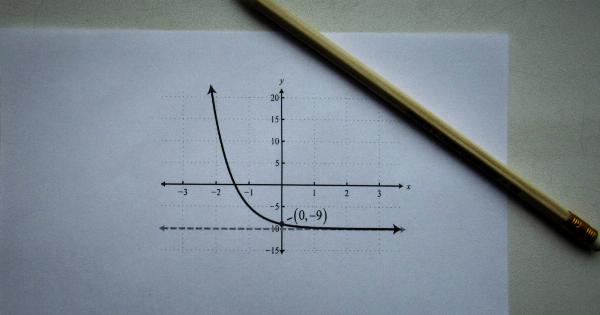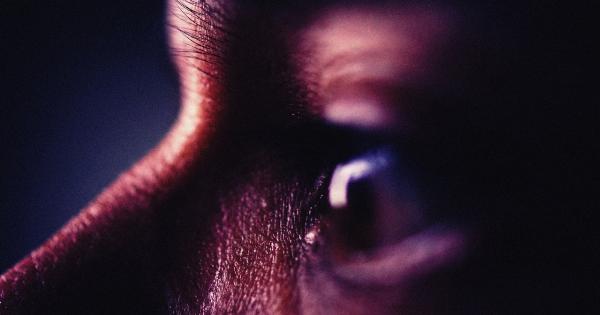As we age, our bodies undergo many changes. The most noticeable changes are probably the ones that take place on the outside. These changes are often referred to as “signs of aging.”.
: Signs of Aging on the Skin
As we age, our skin loses its elasticity and becomes thinner. This can lead to wrinkles, fine lines, and age spots. The skin also becomes dryer and less able to produce oils, leading to dryness and itching.
Additionally, many people experience rough, scaly patches of skin that can be itchy and uncomfortable.
: Signs of Aging on the Hair
As we age, our hair also undergoes changes. Hair may become thinner and more brittle, leading to breakage and hair loss. Hair also loses its natural oils, making it dryer and more prone to frizz.
Some people may experience graying hair, which occurs when the hair follicles stop producing melanin, the pigment that gives hair its color.
: Signs of Aging on the Bones and Joints
As we age, our bones and joints become weaker and less flexible. This can lead to a variety of problems, including osteoporosis, arthritis, and joint pain.
Back pain, hip pain, and knee pain are all common symptoms of bone and joint problems that become more prevalent as we age.
: Signs of Aging on the Eyes
As we age, our eyes can experience a variety of changes. Many people experience a decline in vision, requiring glasses or contact lenses. Cataracts can also become more prevalent with age, leading to cloudy vision.
Some people may also experience glaucoma, a condition in which pressure builds up in the eye, potentially leading to blindness if left untreated.
: Signs of Aging on the Heart and Blood Vessels
As we age, the heart and blood vessels become less efficient. This can lead to high blood pressure, heart disease, and stroke. People may experience shortness of breath, chest pain, and fatigue as a result of heart and blood vessel problems.
: Signs of Aging on the Mind
As we age, our brains also undergo changes. Many people experience some degree of memory loss or forgetfulness.
Some people may also experience dementia or Alzheimer’s disease, conditions that can seriously impact cognitive function and quality of life. Depression and anxiety are also common mental health concerns among older adults.
: Signs of Aging on the Immune System
As we age, the immune system becomes less effective. This can make us more susceptible to infections, viruses, and other illnesses. Additionally, wounds may take longer to heal, and we may experience more frequent allergic reactions.
: Signs of Aging on the Digestive System
As we age, the digestive system can become less efficient. This can lead to a variety of problems, including constipation, diarrhea, bloating, and indigestion. Some people may experience reflux or heartburn, which can be uncomfortable and even painful.
: Signs of Aging on the Hormonal System
As we age, our hormone levels can become imbalanced. Women may experience menopause, which can lead to a range of symptoms including hot flashes, night sweats, and mood changes.
Men may experience reduced testosterone levels, leading to a decrease in sex drive, muscle mass, and energy levels.
: Conclusion
The signs of aging can manifest in many different ways throughout the body. While some of these changes are unavoidable, there are steps we can take to minimize their impact and maintain our health and well-being as we age.




























